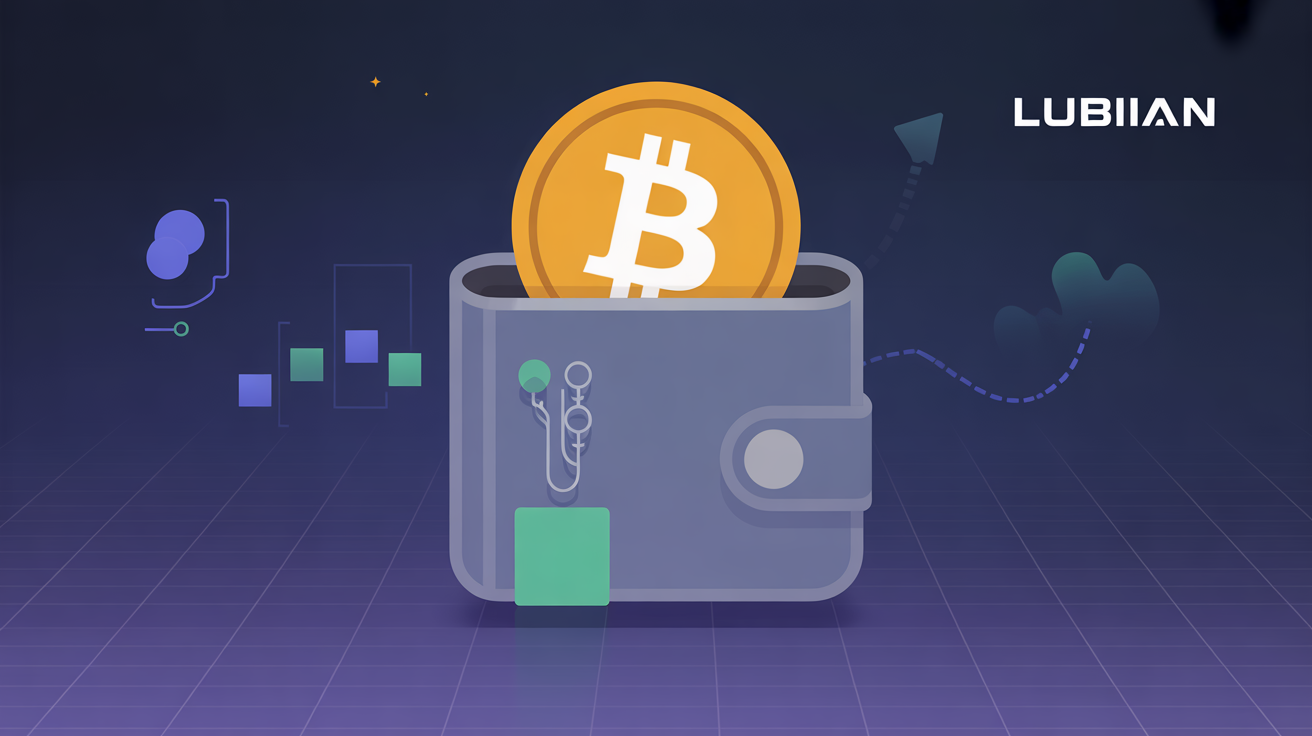PIPE Financing in Bitcoin Treasuries: From Fast Growth to Cautionary Tales
Once celebrated as a rapid path to accumulating bitcoin, PIPE financing—Private Investments in Public Equity—is now drawing scrutiny as several high-profile deals see share prices collapse.
PIPEs let institutional investors buy shares directly from public companies at predetermined prices, often below market value. This approach enables faster capital raising than traditional offerings, making it popular among bitcoin treasury firms using SPACs or reverse mergers to scale BTC holdings quickly.
NAKA and ASST Highlight the Risks
KindlyMD (NAKA) completed a reverse merger in May 2025, transforming bitcoin treasury operator Nakomoto into a wholly owned subsidiary. A PIPE raised $563 million, supplemented by a $200 million convertible note, totaling $763 million. Funds were deployed to acquire bitcoin, including 21 BTC for $2.3 million in July and 5,743 BTC for $679 million in August.
Despite these purchases, NAKA’s stock has plummeted over 95%, from $30 to roughly $0.80. Its market net asset value (mNAV) is below 1, indicating the market values the company at less than its bitcoin holdings.
Similarly, Strive (ASST), founded by Vivek Ramaswamy, merged via a SPAC in September, raising $750 million in a PIPE at $1.35 per share—a 121% premium over pre-merger prices—to purchase 5,885 BTC. Additional moves included a $450 million equity shelf, a $500 million share buyback, and a pending acquisition of Semler Scientific, potentially bringing BTC holdings to 11,700. Despite these strategies, ASST shares have dropped over 90%, with an mNAV just below 1.
PIPE Financing: High-Speed Growth Comes With Risk
The poor performance of NAKA and ASST raises caution for other PIPE-backed bitcoin treasury deals. Twenty One Capital (XXI), after merging with Cantor Equity Partners (CEP), saw shares spike from $10 to $60, only to retreat to $20. Bitcoin Standard Treasury Company (BSTR) plans a SPAC merger with Cantor’s CEPO to raise $3.5 billion, including $1.5 billion via PIPE, with shares peaking at $16 before falling to $10.50.
These examples show that while PIPEs can accelerate BTC accumulation, they are high-risk strategies. Rapid treasury growth does not guarantee shareholder returns, and investors should exercise caution when evaluating PIPE-driven bitcoin companies.












